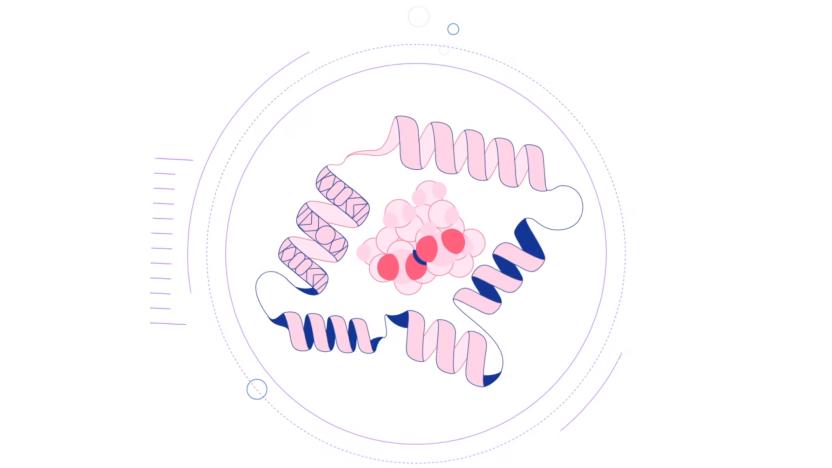protein folding
Latest

Meta's newest AI determines proper protein folds 60 times faster
Meta researchers have developed a first-of-its-kind metagenomic database, the ESM Metagenomic Atlas, that could accelerate existing protein-folding AIs performance by 60x.

DeepMind's latest AI breakthrough can accurately predict the way proteins fold
Alphabet-owned DeepMind may be best known for building the AI that beat a world-class Go player, but the company announced another, perhaps more vital breakthrough this morning. As part of its work for the 14th Critical Assessment of Protein Structure Prediction, or CASP, DeepMind's AlphaFold 2 AI has shown it can guess how certain proteins will fold themselves with surprising accuracy. In some cases, the results were perceived to be "competitive" with actual, experimental data.

Folding@Home packs up on PlayStation 3: over 100 million computation hours added to research
Squared away in the PlayStation 3's latest software update post, Sony announced that the Folding@Home service will be retired starting next month, alongside the console's 4.30 update. The project, which tied into Stanford University's work on protein folding and research into the causes of a diseases like Alzheimer's, pulled in over 15 million PlayStation owners since it started in 2007. In fact, according to Stanford's client statistics, PS3 users offered the second greatest contribution after Windows devices, adding more than 100 million computation hours to the research project -- and well, we did our bit.

Gamers pwn University of Washington scientists, solve decade-long simian AIDS protein conundrum (video)
No gamer's escaped the throes of adolescence without hearing the damning refrain, "Video games'll rot your brain." While scientific research into that claim has so far proved inconclusive, it turns out the preferred pastime of our digital era could potentially cure cancer, and even help prevent AIDS -- in monkeys. Utilizing crowdsourced results from the downloadable protein-manipulating "game" Foldit, scientists at the University of Washington were able to attain a successful model of the simian AIDS-causing Mason - Pfizer monkey virus retroviral protease. For over a decade, researchers have been arduously attempting to reconstruct the folded shape of M-PMV with the aid of the task-specific Rosetta software, but to no avail. Now, in what they're calling a possible first, gamers were able to do what scientific brains and algorithms could not, creating a sufficient model for molecular replacement -- all in just three weeks. Feel like dedicating your leisure hours to this worthwhile cause? Then be sure to hit up the source link below, and transform yourself from couch potato to couch crusader.



